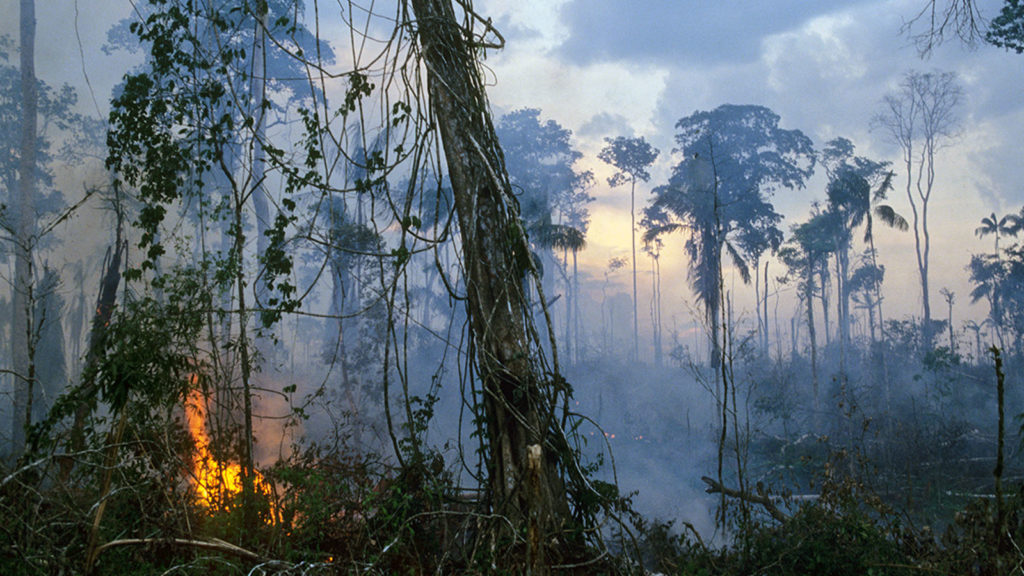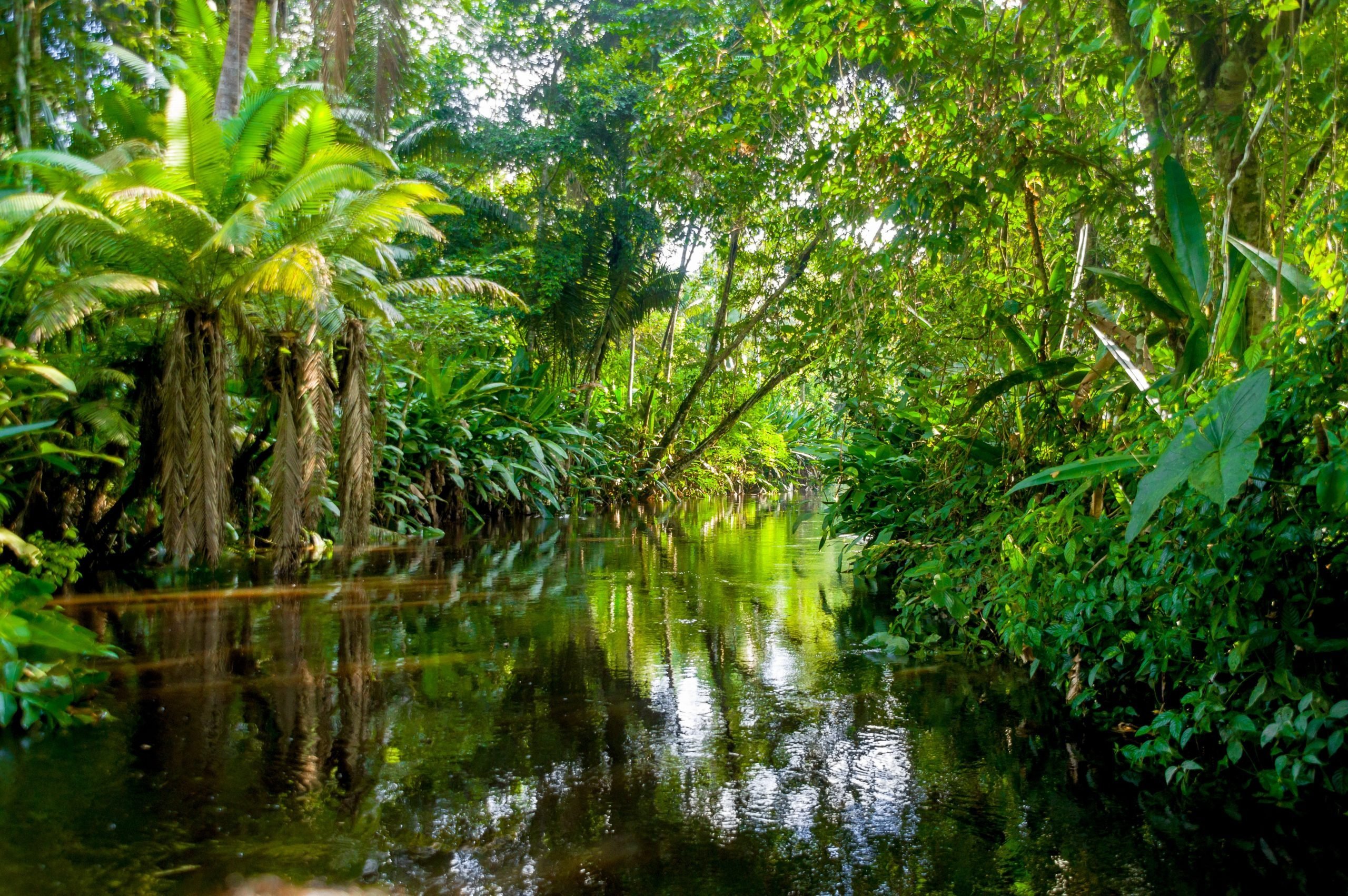With all the conservation efforts that many groups have been putting throughout the years, why is the Amazon rainforest and others still under threat? Surely the billions of dollars of conservation effort funding should have ended rainforest destruction and loss of wildlife? Unfortunately, the evolving pressures of demand for farming land, timber and the like means that the solutions for these issues are also changing. In short, the present-day problems are not the same as they were one or two decades ago.
Let’s also not forget that insufficient funding limits the scope of conservation work (which is not to say that simply throwing money in the region will magically make the problems go away)
Amidst the global climate emergency, the Amazon rainforest is under imminent and intensifying threat. Unprecedented destruction of the rainforest since Jair Bolsonaro’s presidency is set to escalate even further in 2021, and with it the erosion of countless livelihoods and rights around the world.
The global crisis of the Coronavirus pandemic has seen the underfunded Amazonas region of Brazil particularly affected, with the Amazon rainforest – home to at least 10% of the world’s biodiversity – subject to increasing exploitation. In the first four months of 2020 alone, deforestation in the Amazon rainforest was 55% higher than last year.
If you’re wondering why Brazil’s president has such a huge impact on conservation efforts, you need to remember that the Amazon rainforest stretches across nine South American countries, with over 60% of it being in Brazil. Deforestation, illegal mining, land clearances, wildfires and ensuing degradation of forest ecosystems in the country have combined to contribute to the decimation of the world’s biggest terrestrial carbon sink, home the greatest variety of species on the planet, with a fifth of the forest now emitting more carbon than it absorbs, contributing to the rapid escalation of the global climate emergency.

According to the NGO, Amazon Watch, the principal companies financing the deforestation of the Amazon rainforest include BlackRock, BNP, JPMorgan Chase, HSBC, Santander and JBS, with the Guardian revealing in 2020 that British-based banks and finance houses also gave over $2bn to Brazilian beef corporations implicated in deforestation. The responsibility of multinational corporations, as well as politicians and nation-states, must be imperatively engaged, with them being held to account in order to preserve what remains of the lungs of the Earth, its persecuted indigenous populations and the current and future generations of planet Earth. Individuals everywhere have the collective power and responsibility to demand such accountability.
The implications of the Amazon’s destruction are on a worldwide scale but are most keenly felt by the indigenous people whose territories are being stolen and destroyed, and whose rights are routinely being violated. The gravity of the danger faced by indigenous populations led a petition to be brought against Jair Bolsonaro before the International Criminal Court, demanding an investigation into attacks on indigenous human rights and asserting that indigenous peoples in the Amazon rainforest are put at risk of ethnocide and genocide by Bolsonaro’s socio-environmental policies.
The fight to protect the Amazon rainforest and to stall the climate emergency is therefore intrinsically and inextricably tied to the fight for the respect of children’s and indigenous people’s rights. Environmental rights and human rights are intimately interdependent, and the acquisition of justice in the Amazon rainforest is more important now than ever before.
The fact that you have been aware of the Amazon’s existence and threats for so long is in part testament to the efforts to conserve the area and raise awareness. Support for Amazon conservation, both from within the confines of the Basin and from government and NGO efforts have made it more difficult for the Amazon rainforest to go up in smoke today than 20 years ago.
We have already come a long way. Perhaps not as much as we had hoped for, but certainly more than if we had just stood by and watched.
